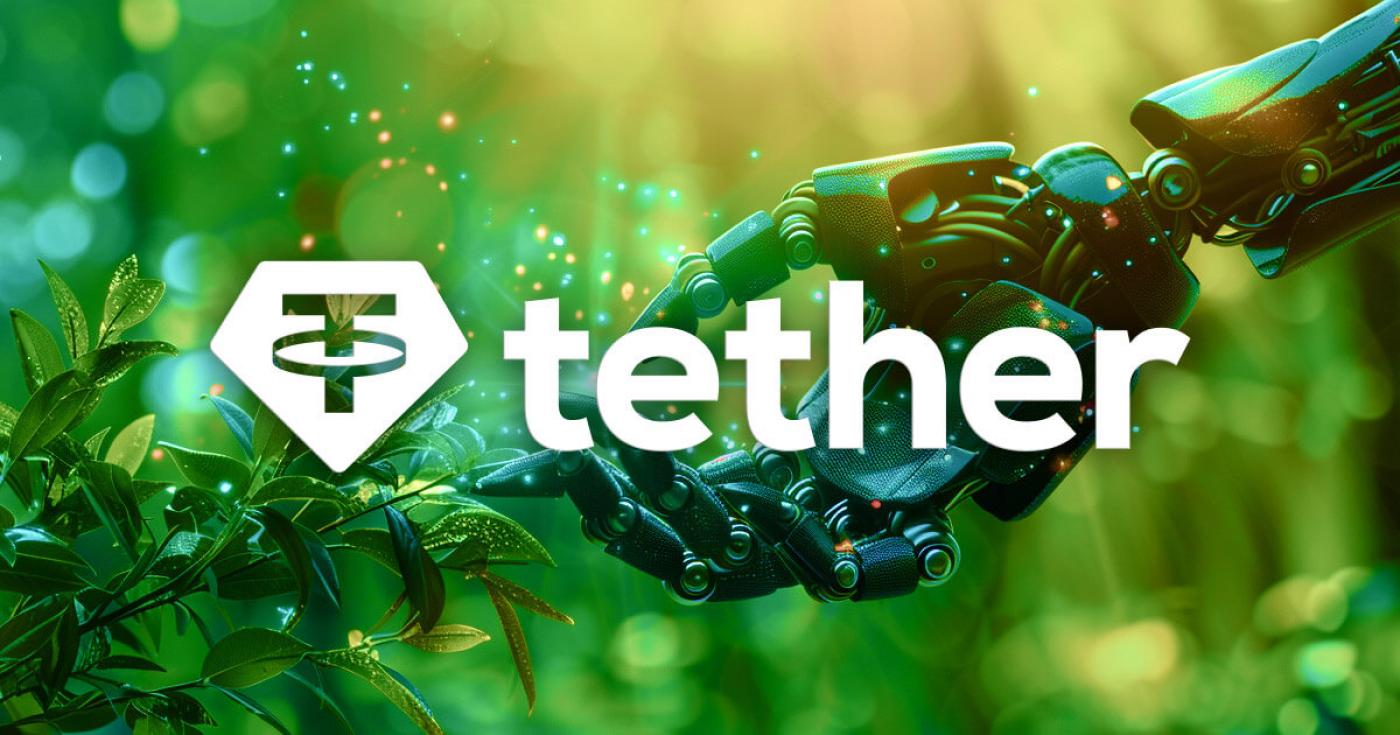Tether enters AI race with pledge to build open-source LMMs to combat Big Tech
Tether, known for its stablecoin USDT, has announced a strategic expansion into artificial intelligence (AI) with a focus on developing open-source, multimodal AI models. This move is seen as a direct challenge to the dominance of Big Tech companies in the AI sector. Tether’s initiative, named ‘Tether Data’, aims to foster innovation and accessibility in AI technology, emphasizing transparency and privacy in AI model development.
The company has also launched a global recruitment drive to attract top talent for its AI division, reinforcing its commitment to setting new industry standards and addressing real-world challenges through AI solutions1. This expansion aligns with Tether’s vision of democratizing AI technology and ensuring that the benefits of AI are widely accessible.
Are there any concerns about Tether’s entry into AI?
Yes, there are several concerns regarding Tether’s entry into the AI space. The primary concerns revolve around the potential for monopolization and the privacy implications of AI technologies. Tether’s move to develop open-source AI models is seen as a way to address these issues by promoting transparency and preventing a few large companies from dominating the AI industry.
Elon Musk, during an event, expressed the importance of having multiple players in the AI space to avoid monopolistic scenarios. Tether’s initiative aims to democratize AI technology, making it more accessible and fostering innovation1. However, the expansion of a company with significant influence in various industries into AI raises questions about the concentration of power and the safeguarding of user data.
Tether’s focus on integrating AI into its products also suggests a transformative impact on how cryptocurrency and AI might work together to address real-world challenges. Nonetheless, the company’s strategic pivot into AI has sparked debates and it remains to be seen how Tether will navigate these concerns as it advances in this field.
How can Tether ensure privacy in its AI initiatives?
To ensure privacy in its AI initiatives, Tether can adopt several measures:
Open-Source Development: By focusing on open-source AI models, Tether can promote transparency and allow for community scrutiny, which can help identify and address potential privacy issues.
Data Encryption: Implementing advanced encryption standards like AES-256 can protect data integrity and confidentiality during AI processing.
Privacy-Preserving Technologies: Utilizing technologies such as differential privacy and federated learning can help in minimizing the exposure of sensitive data.
Regulatory Compliance: Adhering to international privacy laws and regulations can ensure that Tether’s AI solutions are developed with privacy considerations at their core.
Ethical AI Frameworks: Establishing clear ethical guidelines for AI development can guide the responsible use of AI and the protection of user data.
Collaboration with Privacy Experts: Working with cybersecurity and privacy experts can help Tether stay ahead of potential privacy risks and develop robust protections.
By integrating these practices into its AI division, Tether can address privacy concerns and build trust with users and stakeholders.






